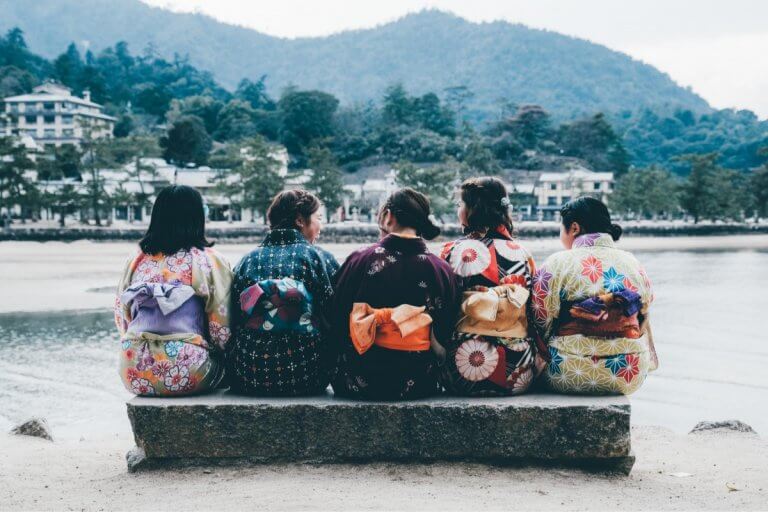
With the rise of Ikigai and other Japanese lifestyle concepts, Wabi-Sabi is another philosophy making its mark on the world today.
Outlined by the author of Wabi Sabi Simple, Richard R Powell explains to his readers that “Wabi-sabi nurtures all that is authentic by acknowledging three simple realities: nothing lasts, nothing is finished, and nothing is perfect.”
Why is Wabi-Sabi relevant today?
Historically influencing the Japanese arts, the concept can also be applied to many aspects of modern life.
Rather than focusing on what could be, this concept is all about appreciating what is and what we already have in life.
In a world of fast fashion and complex societal pressures, we must shift our focus away from what’s next and appreciate what’s right in front of us, even if it’s ordinary, old and incomplete.
Through Wabi-Sabi, suffering, pain and the ugliness of life may be compared to the imperfections of an old piece of furniture. It’s a natural part of life that requires acceptance and appreciation.
Life is what you make of it, as is your career, your studies and your future.
View this post on Instagram
How will it help me with my studies?
Wabi-Sabi teaches you to take a step back to evaluate your life choices.
Sometimes we get swept up by university life, peer pressure and societal expectations.
Through embracing this concept, you’ll learn to slow down and allow yourself to make mistakes. Life isn’t always going to be perfect and you may not always get top marks in those exams or projects that you’ve been stressing about.
Without the cracks in life, with no imperfect moments, you wouldn’t learn how to grow from them or know how to comeback from a negative module or exam result.
By living the Wabi-Sabi life, you’ll soon take that pressure off your back and start to take your studies at a slower pace.
Your academic journey shouldn’t be a race – it should be an enjoyable adventure.
View this post on Instagram
When can I start practicing Wabi-Sabi?
There are no rules or time frames with Wabi-Sabi – you can practice this philosophy whenever and wherever you want!
Since the concept welcomes a slow and balanced pace, take things at your own speed. You may find it difficult to focus on the positives at first, but they’ll soon arise.
Author of Kintsugi Wellness, Candice Kumai encourages those who wish to practice Wabi-Sabi to go outside and take study breaks with nature. Noticing the secret imperfections of nature’s beauty will encourage you to value imperfections of your own.
Kumai also notes that you should stop comparing yourself to others, “It’s something we all do. But make an effort to do this instead: Trade comparison for celebration. Celebrate other people’s wins while you do you. I feel so much better when I’m being my weird, geeky self instead of trying to be something else – or someone else.”
So, if someone in class is getting better results than you or you feel envious of another person’s project, try and refrain from that comparative state and appreciate your uniqueness.
After all, your study abroad experience is what you make of it and everyone is on their own path.
So sit back, enjoy and don’t forget to congratulate yourself for your hard work and inner strength!
View this post on Instagram







